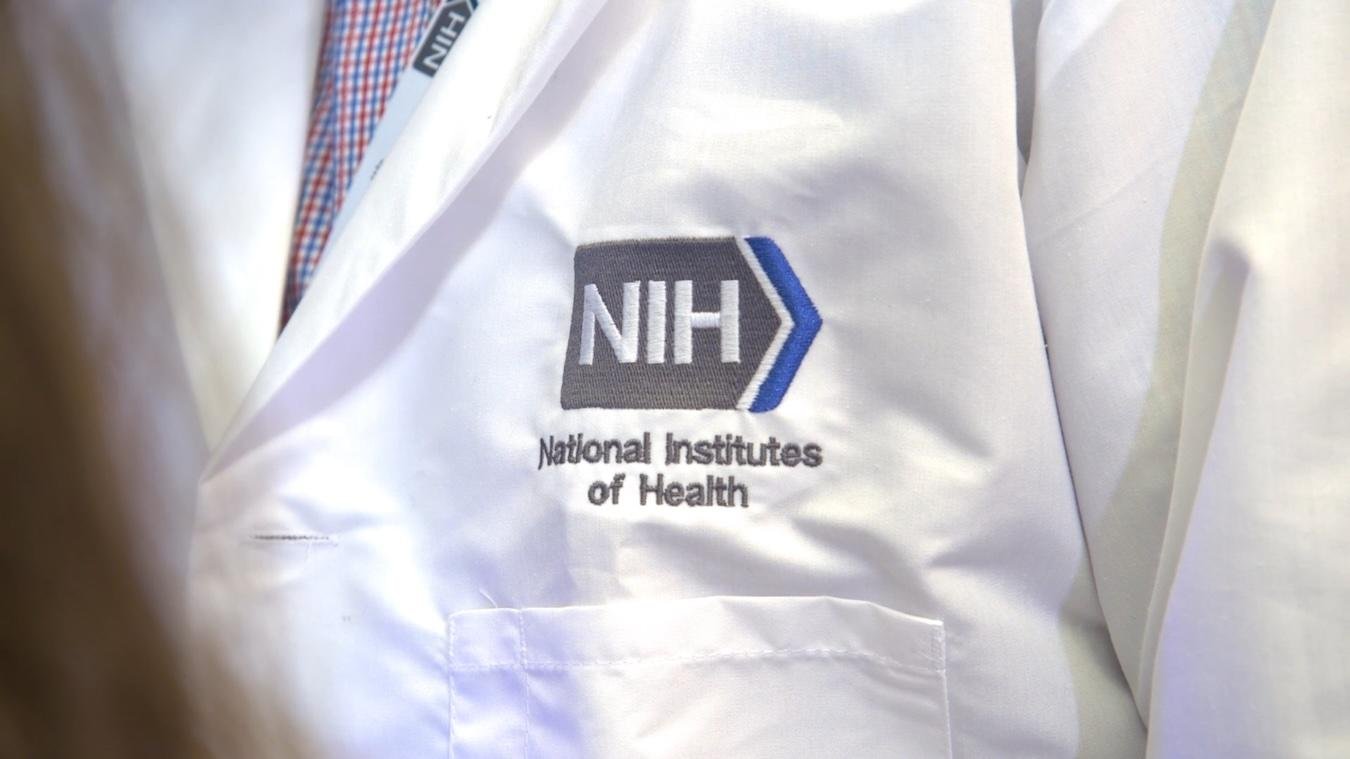Business
Trump’s Controversial Choice to Head NIH: The Anti-Lockdown Researcher

President-elect Donald Trump announced on Tuesday that he intends to nominate Dr. Jay Bhattacharya, a Stanford University professor and noted skeptic of COVID-19 guidelines, to head the National Institutes of Health (NIH). This federal agency plays a crucial role in addressing significant health issues in the United States.
If confirmed by the Senate, which will likely remain under Republican control next year, Bhattacharya will influence how billions in federal research funds are allocated. Trump stated, “Dr. Bhattacharya will work in cooperation with Robert F. Kennedy Jr. to direct the Nation’s Medical Research and to make important discoveries that will improve health and save lives.” Kennedy is also Trump’s choice for Secretary of Health and Human Services.
In response to his nomination, Bhattacharya expressed gratitude on social media, declaring he was “honored and humbled” and committed to reforming American scientific institutions to restore public trust and improve national health. Alongside Bhattacharya and Kennedy, Trump has nominated several other controversial figures for health positions, including Mehmet Oz for the Centers for Medicare and Medicaid Services and Dr. Janette Nesheiwat as the next Surgeon General.
Bhattacharya, who earned his medical degree and Ph.D. at Stanford, specializes in health economics and outcomes. He has directed Stanford’s Center for Demography and Economics of Health and Aging. His academic focus includes the health of vulnerable populations and policy responses to COVID-19. In a testimony before Congress earlier this year, he remarked, “What we did failed,” referring to the government’s pandemic response.
As a co-author of The Great Barrington Declaration in 2020, Bhattacharya advocated for allowing younger, healthier individuals to resume normal life during the pandemic while prioritizing protections for at-risk populations. However, this view has faced criticism from many public health experts who describe it as a fringe perspective that lacks substantial scientific backing. Former NIH Director Francis Collins labeled it as dangerous and contrary to mainstream scientific consensus.
The NIH, encompassing 27 institutes tackling diverse health challenges, has received broad bipartisan support, with Congress approving $48 billion for discretionary spending in recent fiscal years. The agency’s current director, Monica M. Bertagnolli, emphasized a commitment to restoring public trust in science and ensuring that political factors do not hinder its mission.


















